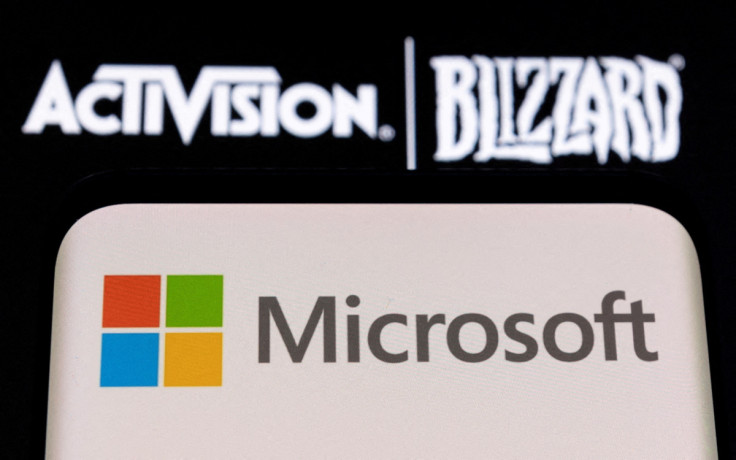Microsoft's $69 billion Activision bid faces EU antitrust probe
Microsoft may have to offer concessions to address EU antitrust concerns about its $69 billion bid for "Call of Duty" maker Activision Blizzard after regulators opened a full-scale investigation on Tuesday and warned about the impact of the deal.

Microsoft may have to offer concessions to address EU antitrust concerns about its $69 billion bid for "Call of Duty" maker Activision Blizzard after regulators opened a full-scale investigation on Tuesday and warned about the impact of the deal.
The U.S. software company, which announced the deal in January, is betting Activision's stable of games will help it compete better with leaders Tencent and Sony, with the latter critical of the deal.
"The Commission's preliminary investigation shows that the transaction may significantly reduce competition on the markets for the distribution of console and PC video games, including multigame subscription services and/or cloud game streaming services, and for PC operating systems," the European Commission said in a statement.
"The preliminary investigation suggests that Microsoft may have the ability, as well as a potential economic incentive, to engage in foreclosure strategies vis-?-vis Microsoft's rival distributors of console video games," it added.
Microsoft said it would work with the EU antitrust watchdog to address valid marketplace concerns.
"Sony, as the industry leader, says it is worried about Call of Duty, but we've said we are committed to making the same game available on the same day on both Xbox and PlayStation. We want people to have more access to games, not less," a Microsoft spokesperson said.
The EU competition enforcer said it would decide by March 23, 2023 whether to clear or block the deal. Reuters reported on Oct. 31 that Microsoft would face an extensive EU probe after declining to offer remedies during the preliminary EU review of the deal.
Britain's antitrust watchdog is also investigating the acquisition, with similar concerns to its EU peer.
Copyright Thomson Reuters. All rights reserved.





















